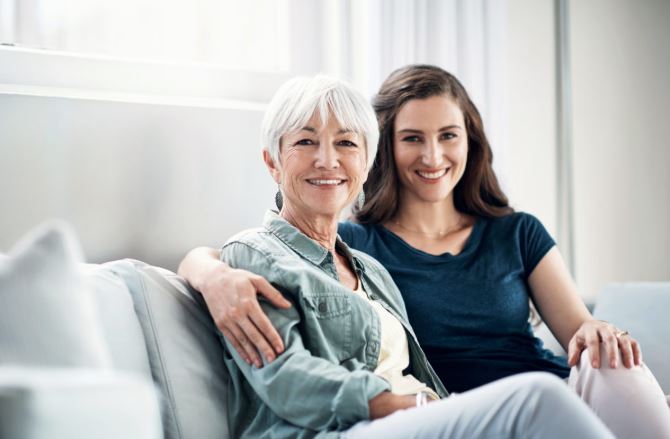When you look at your elderly parents growing older and losing their independence, it can be difficult for you. You may remember them at their prime, being strong parents who you once thought can do everything.
But now, they are older and more frail. Part of the challenge also has to deal with knowing when you should intervene or when you should just be on the sidelines to give them space, independence, and dignity.

So how do you navigate this as children of elderly parents? How do you help keep them safe?
Check out these tips.
How to Keep Your Elderly Parents Safe
To help you, there are some red flags you should watch out for. The following will serve as guides to help you determine what you should do. Each section coveres the most important areas in keeping your elderly parents safe and secure.
Life Tasks and Self-Care Activities
This covers basic hygiene tasks such as bathing and dressing. It also includes basic tasks such as eating, walking, preparing meals, managing finances, and cleaning the house.
Are your parents having a hard time doing these basic, daily tasks? Observing their daily routines can help you assess just how much help they may need.
Safety and Security
Pinpoint problem areas when it comes to their security. Do they have locks in place? Are they safe to be alone in their house? What safety measures and accessibility issues do you have?
Make sure they are safe to move around in their homes and help them avoid falls or injuries that may be so much more dangerous for elderly people with brittle bones and weaker bodies.
How about their well-being? Is elderly abuse or financial exploitation a concern? Look at safety concerns as a while and get a big picture of what’s going on, especially if your elderly parents may not be readily speaking up about it.
Physical Health
Many elderly people live with chronic health conditions, so you must be proactive in ensuring their good health is maintained.
Watch out for pains and other signs such as blood pressure. Make sure they also get regular checkups. Also, observe their eating and sleeping patterns, as these can say a lot about their conditions even if they may not be speaking up about it.
Mood, Behavior, and Mental Health
This could be much more difficult to keep track of, especially when your elderly parents could be experiencing sundowning and you have no idea about it.
Observe them closely: do they seem depressed? Do they exhibit behavior that is out of character? Like when your frugal father is suddenly spending on a whim? Or your talkative mother starts to be quiet or secretive?
Are they becoming more forgetful? Confused?
Be sure to talk to their geriatric doctor about this and get a second opinion if necessary.
Medication Management
Medication management is important. Neglected, it can pose many risks to your elderly loved ones.
If you’re not living with them, monitoring their daily medication can be difficult. Are they taking their medication on time? Are they taking the right dosage? What if they are forgetful?
It’s best to be with them whenever they refresh their prescriptions or go to the doctor for their checkups. Take a proactive role when it comes to their medication, especially when certain drugs can prove to be fatal when mixed with other drugs or other substances.

Recent Comments